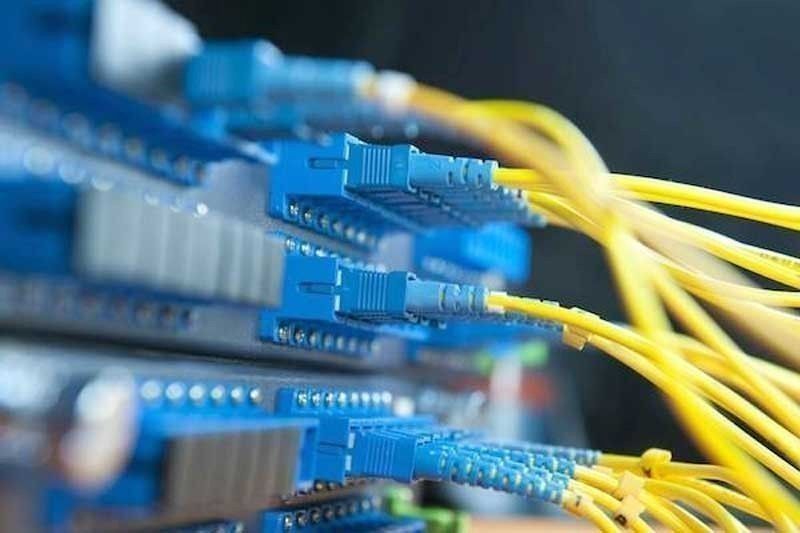BMI: Government fiber program makes little dent in internet penetration

MANILA, Philippines — The government’s push to install fiber assets across the Philippines will make little to no impact in improving broadband penetration as consumers will remain out of the loop if internet bundles are too expensive to purchase.
In an analysis, Fitch Group unit BMI Country Risk & Industry Research said internet population in the Philippines will practically stay the same from 2024 to 2033 even though the government is pursuing a P16.1-billion project to enhance broadband infrastructure in the regions.
BMI said the Philippine Digital Infrastructure Project (PDIP), supported by the World Bank, can only do so much in expanding broadband reach in the country.
BMI estimates that fiber connections in the Philippines will grow to about 1.83 million by 2033, or 1.4 for every 100 people. This is close to BMI’s projection for broadband penetration for this year of around 1.58 million, or 1.3 for every 100 persons.
Similar to industry insights, BMI said affordability tops the list of concerns as to why consumers are hesitant to avail themselves of broadband packages. Building fiber assets in archipelagos like the Philippines also requires significant capital, making it difficult to improve fiber penetration in provinces.
“Adoption of fiber broadband at the household level remains to be extremely challenging in the Philippines, and the PDIP may only provide marginal upsides to our outlook,” BMI said.
“Specifically, our forecasts are reflective of uptake for household level fiber broadband but only in metropolitan and suburban areas, where disposable income is highest and churn rates lowest,” it added.
BMI believes that the government has to perfect the execution of the PDIP for it to make a dent, noting that its success may compel telco providers to bring down their broadband prices.
The National Economic and Development Authority (NEDA) on Tuesday gave approval to a list of priority projects, including the PDIP. The PDIP seeks to bolster broadband availability and quality nationwide, especially in remote areas.
The project involves the construction of broadband infrastructure for public use nationwide. It is made up of five components: backbone network; middle-mile network; access network; network security; and project management.
The NEDA authorized a price tag of P16.1 billion for the project, to be funded by loans to be obtained from the World Bank.
- Latest
- Trending


























